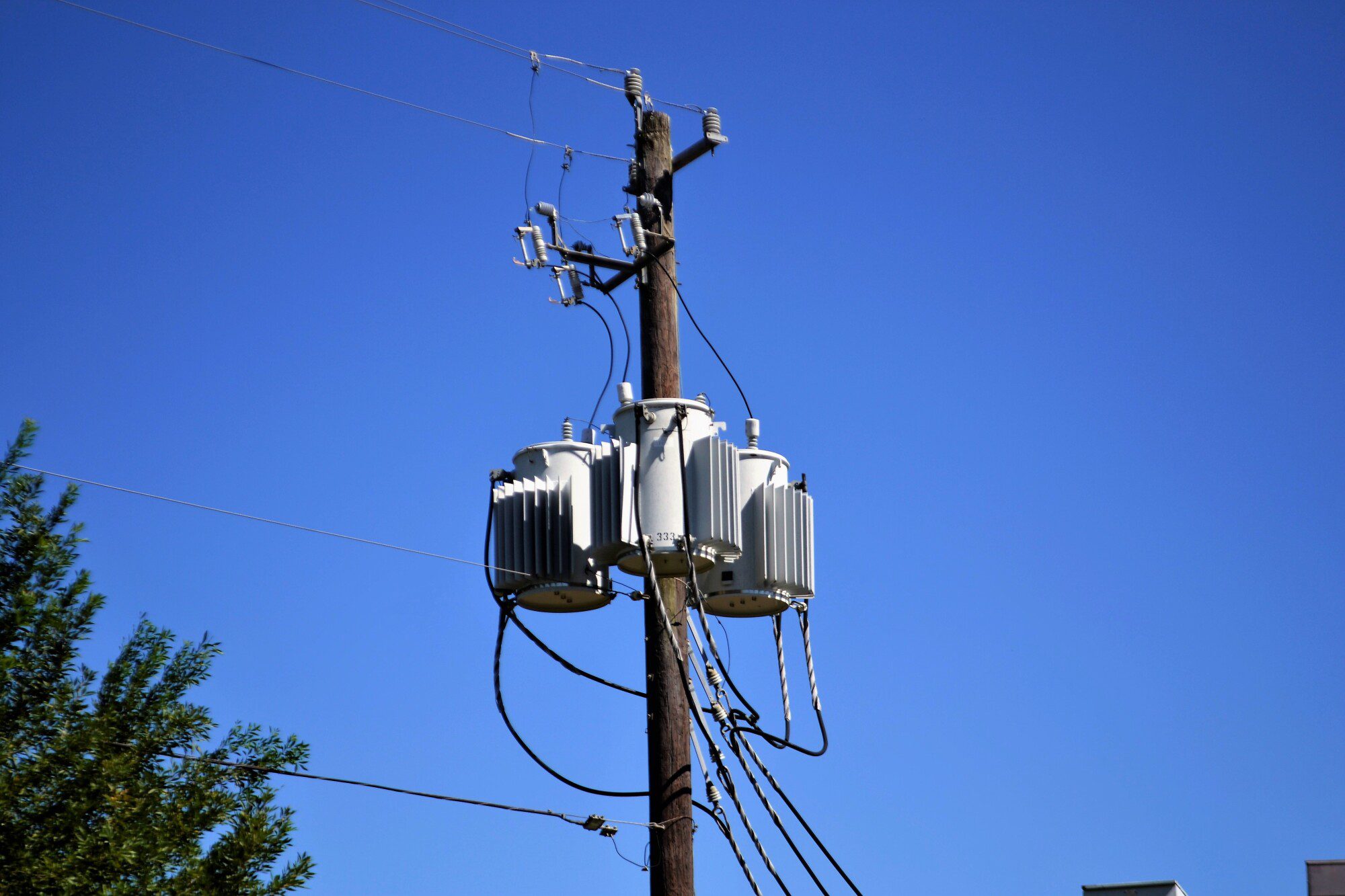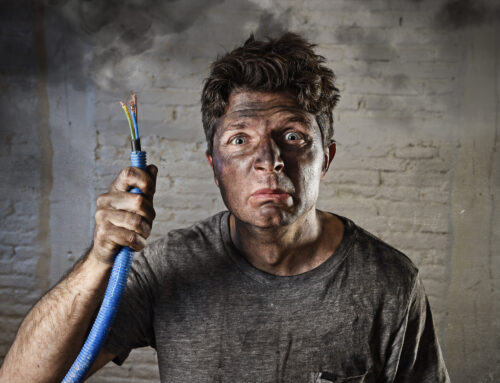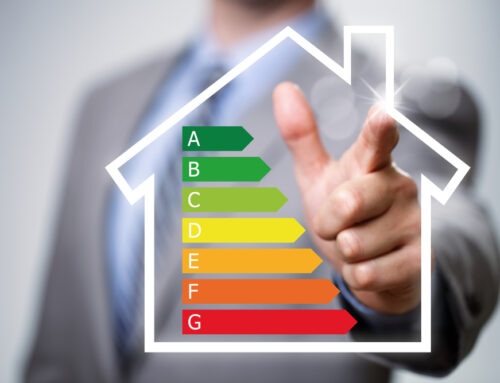Throughout the United States, there are close to 4,000 power outages per year. The average total blackout time for most outages is four hours. A power outage can disrupt your life.
The unfortunate reality is that things like rolling blackouts and electrical brownouts are part of modern-day life. But to understand power failure, you need to know the difference between a brownout vs blackout.
Both are two very different forms of power outages that can damage your electronic devices and leave you in the dark. Read on to find out more.
Electrical Brownout
An electrical brownout is often less severe than a full-on blackout. During a brownout, power voltage is reduced and not cut entirely.
This often is done on purpose at the hands of the power company to reduce strain on the overall system during times of high power consumption. This makes mitigation efforts one of the main causes of a brownout.
A common time for electrical brownouts to occur is during peak hours of power consumption during the summertime. This is because air conditioning units draw a ton of power from the grid.
If everyone in a given area runs their air conditioner on high during a heatwave, for instance, a huge amount of strain is put on the power grid.
To prevent the entire grid from collapsing, power companies may cut the voltage to certain parts of the grid. They do this to maintain the integrity of the system in its entirety.
Electrical Blackout
An electrical blackout is what happens when there is a total grid failure. They are often the result of an emergency. Causes of a blackout include a tree limb hitting an important power line and blowing out the rest of the grid.
Energy blackouts often occur if too many people are putting strain on the grid and a power company is unable to initiate brownout mitigation measures in time.
Rolling blackouts are often pre-planned by the power company to reduce power-loads over a widespread area to prevent total grid failure.
During an electrical blackout, you will lose power entirely, often for long periods of time until power authorities can fix the grid. As grid technology gets smarter blackouts may become more preventable.
In the meantime, they are just another symptom of an antiquated power grid that often faces more supply demands than it can fulfill.
Damage in a Brownout vs Blackout
Your home electronics can be damaged by either a brownout or a blackout. The fluctuating voltage levels in a brownout may blow out many of your sensitive electronics.
Surge suppressors can protect your electronic devices from a brownout or blackout-induced power surge. You should always use a surge protector for your valuable electronics.
This device will keep them safe from blackout and brownout damage. Without one, your devices may be destroyed and your home may be at risk for electrical fires.
Electrical Knowledge Is Power
Nobody likes power disturbances, but knowing the difference between a brownout vs blackout will at least let you know what is going on.
If you can identify which is disrupting your power, you will have a better idea of when the lights will come back on and what mitigation measures to take.
If you have any more electrical questions or need someone to fix electrical damage from a recent outage, contact us today.






